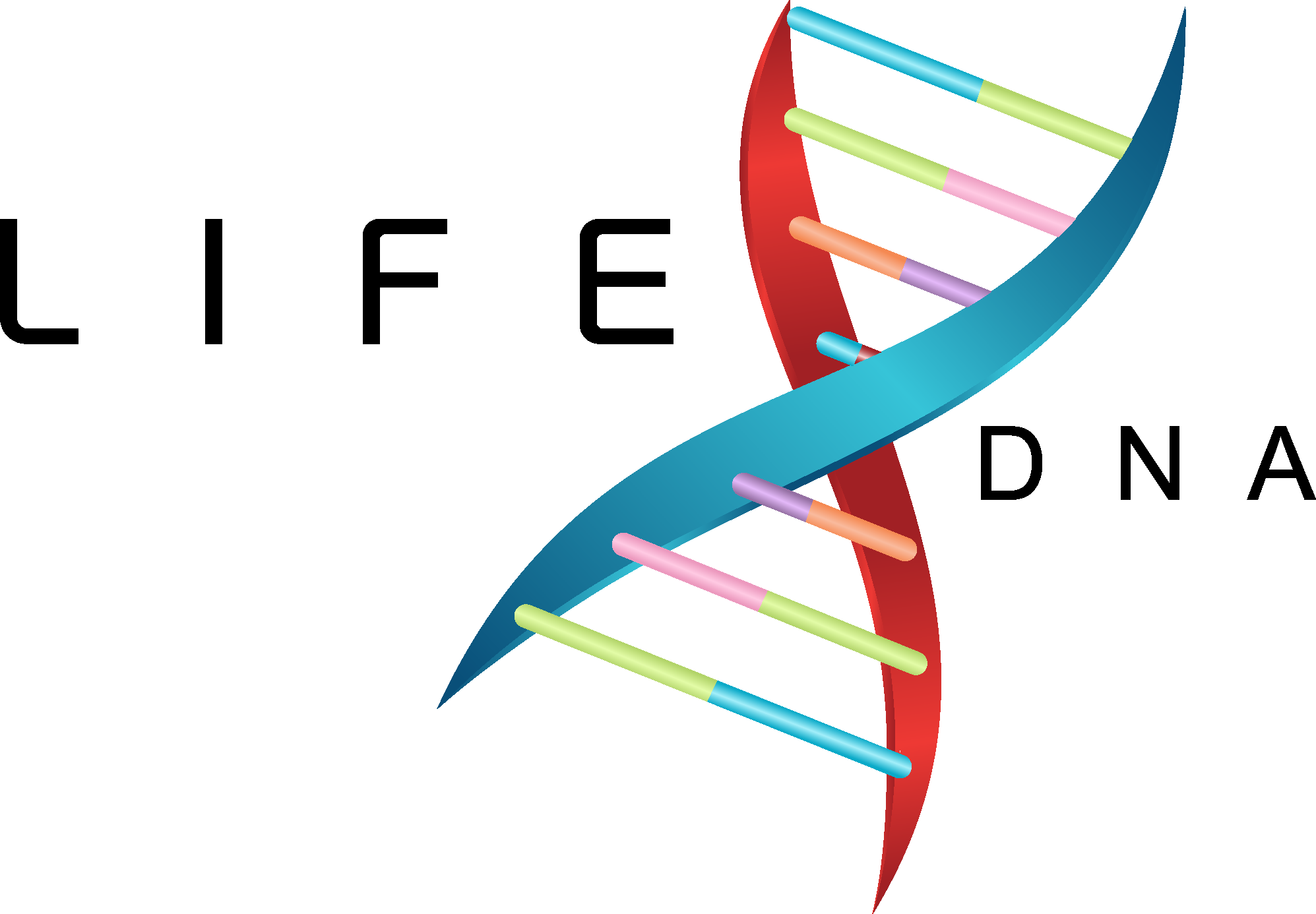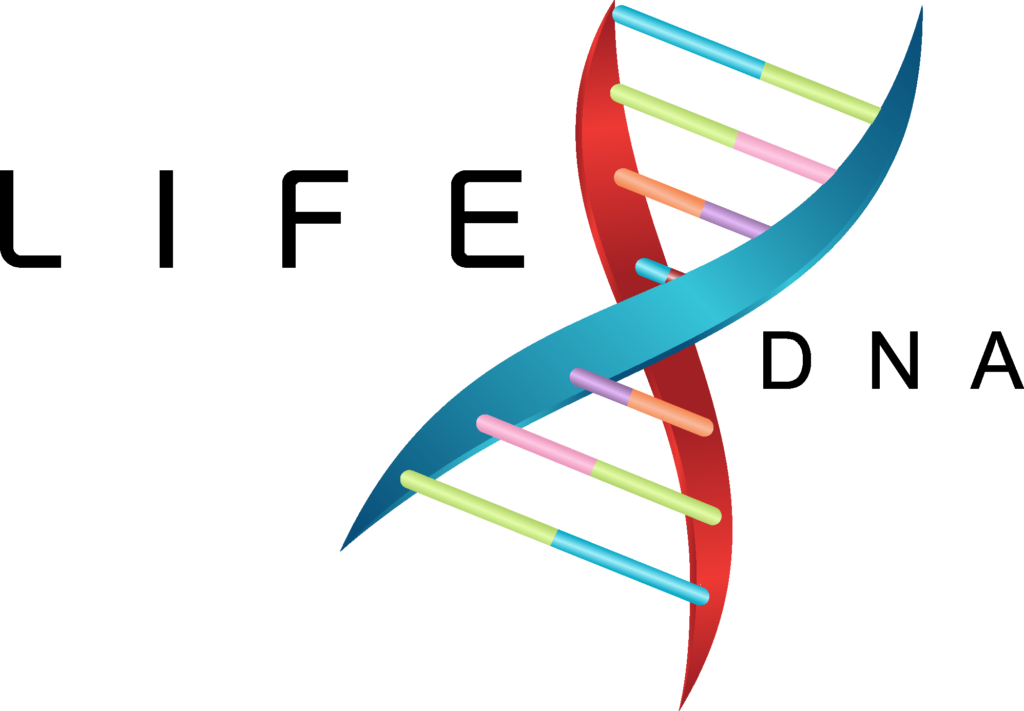Terms of Service – 12 August 2025
OVERVIEW
This website is operated by Life X DNA Australia (“Life X DNA”, “we”, “us”, “our”). Life X DNA offers this website, including all information, tools, and services available from this site to you, the user, conditional upon your acceptance of all terms, conditions, policies, and notices stated here (collectively, the “Terms”).
By visiting our site and/or purchasing something from us, you engage in our “Service” and agree to be bound by these Terms, including any additional terms and policies referenced herein and/or available by hyperlink. These Terms apply to all users of the site, including without limitation users who are browsers, vendors, customers, merchants, and/or contributors of content
Please read these Terms carefully before accessing or using our website. By accessing or using any part of the site, you agree to be bound by these Terms. If you do not agree to all the terms and conditions, then you may not access the website or use any services. If these Terms are considered an offer, acceptance is expressly limited to these Terms.
Any new features or tools added to the current store shall also be subject to these Terms. You can review the most current version of the Terms at any time on this page. We reserve the right to update, change, or replace any part of these Terms by posting updates and/or changes to our website. It is your responsibility to check this page periodically for changes. Your continued use of, or access to, the website following the posting of any changes constitutes acceptance of those changes.
Our store is hosted on WooCommerce, which provides the e-commerce platform that allows us to sell our products and services to you.
SECTION 1 – ONLINE STORE TERMS
By agreeing to these Terms, you represent that you are at least the age of majority in your state or territory (Australia) or region/province (New Zealand) of residence, or that you are the age of majority and have given us your consent to allow any of your minor dependants to use this site.
You may not use our products for any illegal or unauthorised purpose nor may you, in the use of the Service, violate any laws in your jurisdiction (including but not limited to copyright laws).
You must not transmit any worms, viruses, or any code of a destructive nature.
A breach or violation of any of the Terms will result in immediate termination of your Services.
SECTION 2 – GENERAL CONDITIONS
We reserve the right to refuse service to anyone, for any reason, at any time.
You understand that your personal content (excluding payment card data and excluding any genetic data), may be transferred unencrypted and involve (a) transmissions over various networks; and (b) changes to conform and adapt to the technical requirements of connecting networks or devices. Payment card information is always encrypted during transfer over networks.
You agree not to reproduce, duplicate, copy, sell, resell, or exploit any portion of the Service, use of the Service, or access to the Service or any contact on the website through which the Service is provided, without our express written permission.
Headings used in this agreement are included for convenience only and will not limit or otherwise affect these Terms.
SECTION 3 – ACCURACY, COMPLETENESS, AND TIMELINESS OF INFORMATION
We use high-quality genomic technologies and quality controls. However, no technology is error-free, and we do not guarantee that any data or interpretation will be perfectly accurate or suitable for every purpose.
Material on this website is provided for general information only and should not be relied upon as the sole basis for making decisions without consulting primary, more accurate, more complete, or more timely sources of information. Any reliance on the material on this site is at your own risk.
This site may contain certain historical information for reference only. We reserve the right to modify the contents of this site at any time, but we have no obligation to update information. You agree it is your responsibility to monitor changes.
SECTION 4 – MODIFICATIONS TO THE SERVICE AND PRICES
Prices for our products are subject to change without notice.
We reserve the right at any time to modify or discontinue the Service (or any part or content thereof) without notice.
We shall not be liable to you or to any third party for any modification, price change, suspension, or discontinuance of the Service.
SECTION 5 – PRODUCTS OR SERVICES
Certain products or services may be available exclusively online. These may have limited quantities and are subject to return or exchange only according to our Returns Policy.
We have made every effort to display as accurately as possible the colours and images of our products. We cannot guarantee that your device’s display of any colour will be accurate.
We reserve the right—but are not obligated—to limit the sales of our products or Services to any person, geographic region, or jurisdiction, and to limit quantities. All descriptions and pricing are subject to change at any time without notice. We may discontinue any product at any time. Any offer for any product or service made on this site is void where prohibited.
We do not warrant that the quality of any products, services, information, or other material purchased or obtained by you will meet your expectations, or that any errors in the Service will be corrected.
SECTION 6 – ACCURACY OF BILLING AND ACCOUNT INFORMATION
We reserve the right to refuse any order you place with us. We may, in our sole discretion, limit or cancel quantities purchased per person, per household, or per order (including orders placed under the same account, the same card, and/or the same billing or shipping address). If we change or cancel an order, we may attempt to notify you via the e-mail and/or billing address/phone number provided at the time the order was made.
You agree to provide current, complete, and accurate purchase and account information for all purchases, and to promptly update your details so we can complete transactions and contact you as needed.
For more detail, please review our Returns Policy.
SECTION 7 – OPTIONAL TOOLS
At present, we do not offer any optional third-party tools or integrations on this website.
If we introduce any optional tools in the future, they will be clearly identified and entirely optional to use. Any such tools would be provided “as is” and “as available” by the relevant third-party provider, and your use would be subject to that provider’s own terms and privacy notice. To the maximum extent permitted by law, we are not responsible for, and accept no liability for, any act or omission of such third-party providers.
SECTION 8 – THIRD-PARTY LINKS
We do not use third parties of any kind to provide our content, analytics, marketing, fulfilment, or data processing other than the following providers essential to operating this website:
- WooCommerce – our e-commerce platform; and
- Our payment service provider – to securely process card and other payments.
We do not otherwise host, embed, or endorse third-party content, nor do we direct you to third-party websites as part of purchasing or using your account on our site. If we ever offer optional links or tools in the future, they will be clearly identified and subject to their own terms.
Your use of WooCommerce and our payment processor is subject to those providers’ own terms and privacy notices. To the maximum extent permitted by law, we are not responsible for, and shall not be liable for, any act or omission of those providers. Queries or complaints about payment processing should be directed to the payment provider.
SECTION 9 – USER COMMENTS, FEEDBACK AND OTHER SUBMISSIONS
If, at our request, you send certain submissions (e.g., contest entries) or without a request you send creative ideas, suggestions, proposals, plans, or other materials (collectively, “comments”), you agree that we may, at any time and without restriction, edit, copy, publish, distribute, translate, and otherwise use in any medium any comments that you forward to us. We are under no obligation (1) to maintain any comments in confidence; (2) to pay compensation for any comments; or (3) to respond to any comments.
We may, but have no obligation to, monitor, edit, or remove content that we determine in our sole discretion is unlawful, offensive, threatening, libellous, defamatory, pornographic, obscene, or otherwise objectionable or violates any party’s intellectual property or these Terms.
You agree that your comments will not violate any right of any third party, including copyright, trade mark, privacy, personality, or other personal or proprietary right; will not contain libellous or otherwise unlawful, abusive, or obscene material; and will not contain any virus or malware. You may not use a false e-mail address, pretend to be someone other than yourself, or otherwise mislead us or third parties as to the origin of any comments. You are solely responsible for comments you make and their accuracy. We assume no liability for any comments posted by you or any third party.
SECTION 10 – PERSONAL INFORMATION
Your submission of personal information through the store is governed by our Privacy Policy (available on our website).
SECTION 11 – ERRORS, INACCURACIES AND OMISSIONS
Occasionally there may be information on our site or in the Service that contains typographical errors, inaccuracies, or omissions (e.g., product descriptions, pricing, promotions, offers, shipping charges, transit times, and availability). We reserve the right to correct any errors, inaccuracies, or omissions, and to change or update information or cancel orders if any information is inaccurate at any time without prior notice (including after you have submitted your order).
We undertake no obligation to update, amend, or clarify information, including pricing information, except as required by law. No specified update or refresh date should be taken to indicate that all information has been modified or updated.
SECTION 12 – PROHIBITED USES
In addition to other prohibitions set forth in the Terms, you are prohibited from using the site or its content: (a) for any unlawful purpose; (b) to solicit others to perform or participate in any unlawful acts; (c) to violate any international, federal, state/territory, or local laws or regulations; (d) to infringe upon or violate our intellectual property rights or the intellectual property rights of others; (e) to harass, abuse, insult, harm, defame, slander, disparage, intimidate, or discriminate based on gender, sexual orientation, religion, ethnicity, race, age, national origin, or disability; (f) to submit false or misleading information; (g) to upload or transmit viruses or any other type of malicious code; (h) to collect or track the personal information of others; (i) to spam, phish, pharm, pretext, spider, crawl, or scrape; (j) for any obscene or immoral purpose; or (k) to interfere with or circumvent security features of the Service or any related website. We reserve the right to terminate your use of the Service for violating any prohibited uses.
SECTION 13 – DISCLAIMER OF WARRANTIES; LIMITATION OF LIABILITY
We do not guarantee, represent, or warrant that your use of our Service will be uninterrupted, timely, secure, or error-free.
You agree that from time to time we may remove the Service for indefinite periods or cancel the Service at any time, without notice.
You expressly agree that your use of, or inability to use, the Service is at your sole risk. Except as expressly stated by us in writing, the Service and all products and services delivered through the Service are provided “as is” and “as available”, without any representations, warranties, or conditions of any kind, whether express or implied, including implied warranties or conditions of merchantability, satisfactory quality, fitness for a particular purpose, durability, title, and non-infringement.
To the fullest extent permitted by law, in no case shall Life X DNA Australia, our directors, officers, employees, affiliates, agents, contractors, interns, suppliers, service providers, or licensors be liable for any indirect, incidental, special, consequential, or punitive damages, or any loss of profits, revenue, savings, data, or replacement costs, arising from your use of the Service or any products procured using the Service, or for any other claim related in any way to your use of the Service or any product, including errors or omissions in any content, or any loss or damage incurred as a result of use of the Service or any content posted, transmitted, or otherwise made available via the Service, even if advised of their possibility. Where liability cannot be excluded under the Australian Consumer Law or the New Zealand Consumer Guarantees Act 1993, our liability is limited to the minimum extent permitted by law.
SECTION 14 – INDEMNIFICATION
You agree to indemnify, defend, and hold harmless Life X DNA Australia and our parent, subsidiaries, affiliates, partners, officers, directors, agents, contractors, licensors, service providers, subcontractors, suppliers, interns, and employees from any claim or demand, including reasonable solicitors’/attorneys’ fees, made by any third party due to or arising out of your breach of these Terms or the documents they incorporate by reference, or your violation of any law or the rights of a third party.
SECTION 15 – SEVERABILITY
If any provision of these Terms is determined to be unlawful, void, or unenforceable, such provision shall nonetheless be enforceable to the fullest extent permitted by applicable law, and the unenforceable portion shall be deemed severed. This shall not affect the validity and enforceability of any other remaining provisions.
SECTION 16 – TERMINATION
Obligations and liabilities incurred prior to the termination date shall survive termination for all purposes.
These Terms are effective unless and until terminated by either you or us. You may terminate these Terms at any time by notifying us that you no longer wish to use our Services, or by ceasing to use our site.
If in our sole judgment you fail, or we suspect that you have failed, to comply with any term or provision of these Terms, we may terminate this agreement at any time without notice and you will remain liable for all amounts due up to and including the date of termination; and/or we may deny you access to our Services (or any part thereof).
SECTION 17 – ENTIRE AGREEMENT
The failure of us to exercise or enforce any right or provision of these Terms shall not constitute a waiver of such right or provision.
These Terms and any policies or operating rules posted by us on this site or in respect of the Service constitute the entire agreement and understanding between you and us and govern your use of the Service, superseding any prior or contemporaneous agreements, communications, and proposals, whether oral or written.
Any ambiguities in the interpretation of these Terms shall not be construed against the drafting party.
SECTION 18 – GOVERNING LAW
These Terms and any separate agreements whereby we provide you Services shall be governed by and construed in accordance with the laws of Western Australia, Australia, and you submit to the non-exclusive jurisdiction of the courts of that State and the Commonwealth of Australia. For New Zealand consumers, mandatory consumer protections under New Zealand law apply in addition to these Terms.
SECTION 19 – CHANGES TO TERMS OF SERVICE
You can review the most current version of the Terms at any time on this page. We reserve the right, at our sole discretion, to update, change, or replace any part of these Terms by posting updates and changes to our website. Your continued use of or access to our website or the Service following the posting of any changes constitutes acceptance of those changes.
SECTION 20 – MEDICAL & HEALTH DISCLAIMER
Our Services and reports are for information and educational purposes only. We do not provide medical, diagnostic, or treatment services, and our content is not a substitute for professional medical advice, diagnosis, or treatment.
Do not disregard professional medical advice or delay seeking it because of information you have read in our reports or on our website. We do not arrange medical (GP or specialist) consults; we recommend you consult your qualified healthcare professional regarding any questions about a medical condition, medications, supplements, or lifestyle changes.
SECTION 21 – CONTACT INFORMATION
Questions about the Terms should be sent to evolve@lifexdna.com.
Postal & Registered Office: L25, Capital Square Tower 3, 1 Spring Street, Perth WA 6000, Australia
Phone: 08 6144 4705
Trading name: Life X DNA™
ABN: 12 642 051 563







